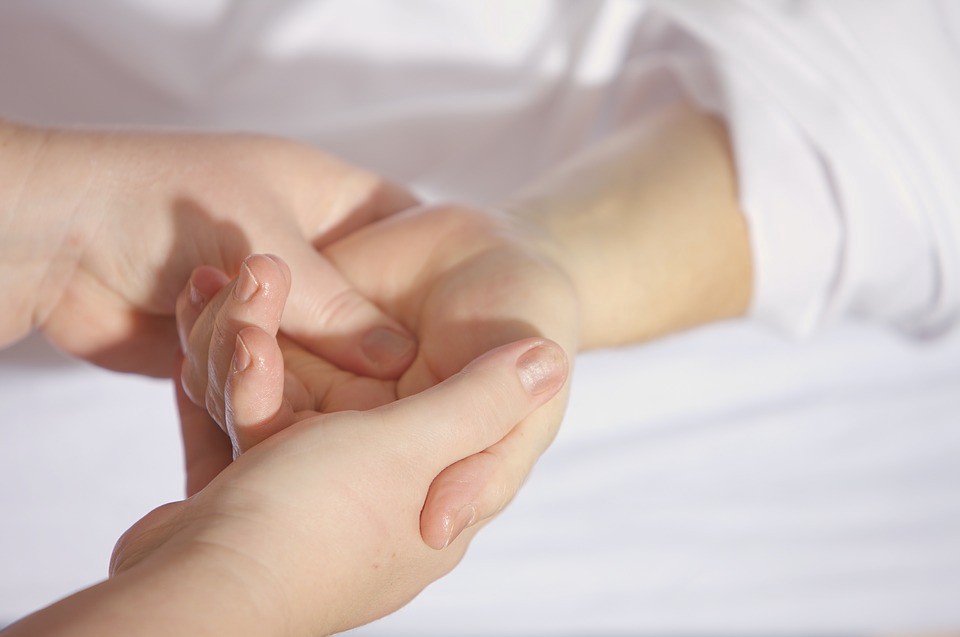
 article originally posted on Alternative Medicine
article originally posted on Alternative Medicine
I have two missions in life. The first is to discover the geometric first-principles unification of space, time, matter, energy and consciousness. My postings lately have not been about that since I’ve been equally consumed with my second mission, which is to heal the world through plant medicine. Unfortunately, we’re sick, stressed and all f*ucked up.
I’ve always been a big believer in taking control of your own health. We, Americans, have the freedom to make our own choices to positively or negatively affect our health, but what we forget is we also have the freedom to not be in pain. And by pain I mean all types — mental, physical, emotional. Because the truth is, if we ate right and kept our bodies regularly active in the first place, we wouldn’t need to take so many supplements and pharmaceuticals to improve our health.
As the World Health Organization defines it, health is represented by a number of interconnected variables that are not only linked to physical well-being, but also to the social, environmental and economic context of living. It is not enough to ensure that one’s body is sound. It is also important for our mental and physical health to be safe and to be free from the possibility of future insecurity and harm.
And yet, in the United States, we’re so focused on reactive care that we’re missing the point.
Let’s take, for example, the fact that the United States spends $1.5 billion on nutrition research every year compared to around $60 billion on drug research. What this means is that the health care system as a whole is placing too heavy a focus on reactive rather than preventative care.
We’d rather take a pill than prevent disease from happening in the first place.
With a preventative approach to care, in which the individual is provided with the tools to ensure that they know how to care for their bodies and minds through, for example, public health and school initiatives, the escalation of needs to emergent care can abate, at least in theory. What this requires is funding made available to public health agencies to not only deal with reactive issues of significance such as epidemic prevention, but also issues such as food security, nutrition, poverty, housing, and other challenges that can lead to poor lifestyle effects on individuals.
Increased patient health, as achieved through preventative care, can act to minimize further health care needs, as well as weed out unnecessary and costly procedures and treatments, in addition to human resource needs that we, as taxpayers, fund.
Then, if we’re not getting what is needed from a proper diet, regular physical activity and routine preventative care, supplementing with natural plant medicine is generally safer than the laboratory pharmaceuticals that can cause more problems than they solve. CBD may help to shift the balance and bridge the gap between nutrition and preventative health care.
First, it helps to alleviate pain. Neuropathic pain, the kind that is associated with having a stroke, fibromyalgia, multiple sclerosis or arthritis, is the hardest to treat. It’s essentially the nervous system in shock, twenty-four hours a day, because of chronic inflammation. Opioids rarely work at all with neuropathy, but CBD can decrease or even fully relieve this type of pain.
Second, CBD can help address mental health issues that are caused by misfiring impulses in the brain related to the nervous system, especially those caused by stress. Think about PTSD, depression and anxiety, as well as obsessive compulsive disorder.
Third, neurodegenerative diseases such as epilepsy and other seizures, Alzheimer’s, Parkinson’s and other forms of dementia are nervous system disorders that have been directly improved by CBD.
We have a responsibility to engage in proactive discussions as to what it means to be healthy, and provide the kind of mental and physical health support systems that are needed to make a difference in the lives of those in need. It is important to understand how and why health is at the core of a lot of different social and economic issues, and how there is a cyclical connection between these issues.
CBD is part of a new way of thinking about slowing down the process of identifying and treating disease. It’s linked to preventative and holistic care for the human body and our environment. Even better, it shifts us away from the American tendency to muscle through medical care with an obsessive, tunnel-vision focus.
This is what I mean by taking control of our own health. By making proactive choices to make a positive impact on how our body functions, we can thereby minimize the pain and suffering we experience in all its forms and start to heal not just as an individual, but as a community.
Klee Irwin is an author, researcher and entrepreneur who serves as Executive Chairman of Irwin Naturals and author of the new book Pain Nation: Sick, Stressed and All F*cked Up.
